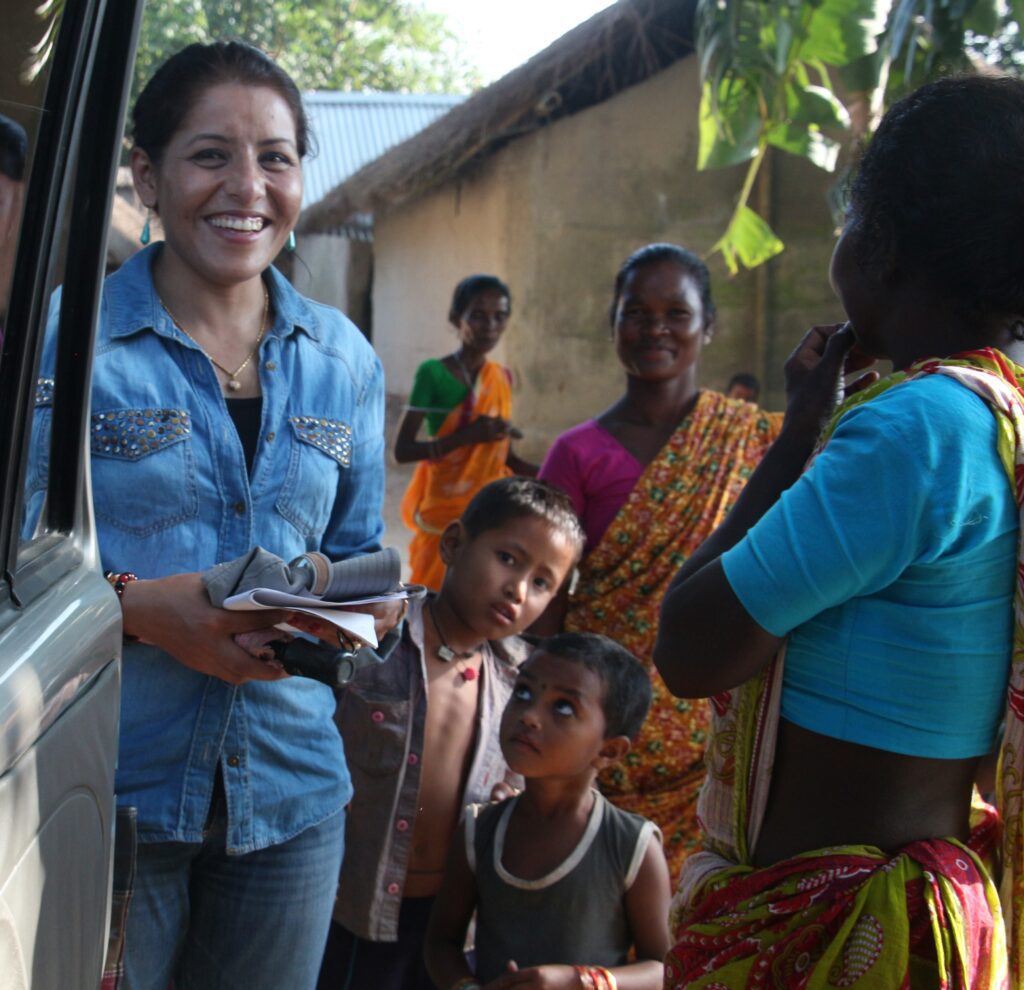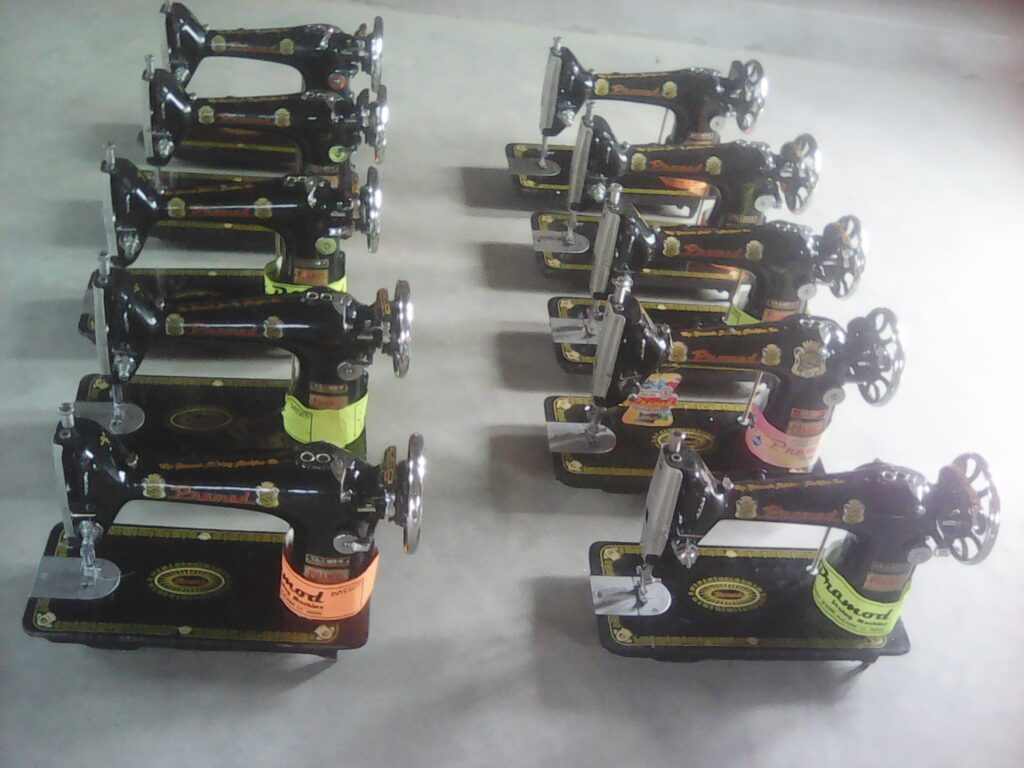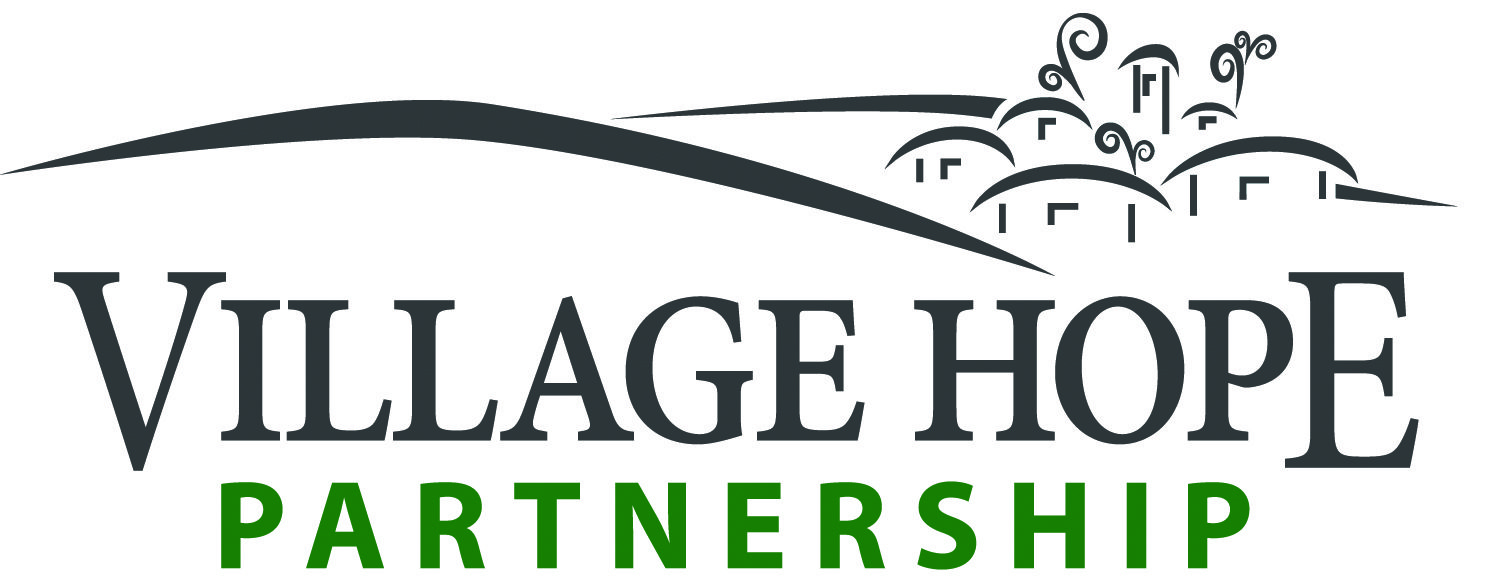Make a Difference
What we do to make a difference
In collaboration with local community leadership, Village Hope Partnership supports strategic projects in small struggling communities in Nepal, providing a catalyst for further local development. With a small-scale village-by-village approach, we can make a difference that is affordable, sustainable, and reproducible without requiring long-term input from outside resources.
Examples of projects include establishing a shared family fish pond, funding a block-making machine for sustainable housing, initiating loans to acquire farm animals, and providing resources to develop a community garden. We also provide key education opportunities in health, literacy, and sewing classes (including sewing machines to further small sewing business development). From 2014-2024, we connected interested villages with reforestation projects in many areas of Nepal, providing jobs and leadership in increasing reforestation efforts in Nepal.

How Can you Help
Overhead and administrative costs are covered by existing organizational resources so that all additional donations go directly to village development projects. We welcome your partnership with us in these efforts, and are glad for all kinds of support: your interest, prayers, and donations.
Village Hope Partnership is a 501(c)(3) organization, EIN#47-2774879. Donations can be received through this website or by mailing directly to our administrative office: 700 South Claremont Suite #223, San Mateo, CA 94402.
What Does it Cost
What kind of projects do we fund?
Examples of short-term projects (with long-term gains) that we support:
Animals for sustenance & future income: most animals are given to an individual family to raise, breed and sell, providing ongoing food & income. Most common: chickens or ducks, pigs, goats. Larger animals (cows and buffalos) are given to 3 family groupings, to share for milk and farm work.
Community Health–Outhouses: this sanitation improvement is needed in almost every village we work in. In our first ten years, we have funded over 900 outhouse builds.
Community Health–Clean Water: we have provided support for over 582 wells and hand pumps for improved village access to clean drinking water.
Job Creation–Tools: sometimes all you need is a set of tools to create an income or a business. At the suggestion of individuals and groups, we have funded 849 sets of tools, resulting in different businesses including woodworking, block making, honey sales, construction and farm work.
Job Creation–Sewing Classes: this has been a very successful initiative, providing the teacher, supplies, and sewing machines for sewing classes in many communities. Each class trains 10-20 women over a 4 month period, and when they graduate each woman receives a sewing machine (manual) and start up supplies to begin a business or sew for their families and community.
Community Health–Medical Clinics & Education: we fund the staffing and supplies for short term medical clinics and community trainings regarding health and hygiene issues. Most villages are far from any kind of medical care, so these events are very helpful for both immediate needs and longer term health education that can be shared community wide.
Literacy Classes: It is hard to quantify the value of leaning to read and write for an adult who never had the opportunity to gain literacy. We provide teachers and class series that have been life changing for many people, opening new job opportunities, new ways to communicate, and overall increasing confidence and self-esteem.
Reforestation Work: For ten years VHP partnered with Eden Reforestation which worked in rural Nepal to replant deforested areas to the benefit of communities and the environment. Eden provided thousands of jobs and over 24 million trees were planted in 27,000 acres of new forest. This was an amazing win for both people and the environment. In 2024 Eden changed leadership and closed down their work in Nepal to focus only on carbon-eligible landscapes. Sadly, to continue the plantation project without Eden would have exceeded the budget of VHP, but VHP is keeping one nursery going in order to keep the program on life support until a time when it might be revived.
Village physical infrastructure improvements: Some communities identify and propose to VHP a centralized need that they feel is the highest priority. VHP responds within our scope of ability. One of our largest projects of this type has been to fund repairs for a large holding reservoir for irrigating crops, essentially extending the growing season and benefitting 5 small villages that shared use of this water resource.
Emergent Needs: As we have been working in these regions for a decade, there have been a number of natural disasters (earthquakes, floods) and we have responded to immediate needs in these nearly-forgotten communities, funding the repairing and/or rebuilding of over 500 homes. We also have responded to some critical medical needs for individuals in situations where there seemed no other hope possible.
What does it cost to make a difference?
Below are a few examples of project costs:
- Start up livestock animals and feed which will develop into sustainable food and income resources: $12 (startup set of chickens), $50 (provides a piglet & supplies), $80 sets up a family with an initial goat, $500 funds the establishment of a fish pond food source for 3 to 5 families.
- Water quality: $160 funds a well and manual pump to supply families with adequate water (in most areas the water table is fairly close to the surface).
- Sewing machines: $180—funds a manual sewing machine for a graduate of our 4-month sewing course, making it possible for participants to sew for their family, neighbors, or start a sewing business.
- Community Sanitation: $300—funds the construction of an outhouse & sanitation improvements for a village community.
- Literacy Classes: $600—funds a teacher and supplies for a 3-4 week literacy class for 30 adults.
- Sewing Class Series: $1,500—funds a teacher, supplies, and sewing machines for a four month training course in sewing, for 10 students.
- Collaborative Village Projects: $2,000 – assists a whole village with a blend of projects that best meets the overall needs of the particular community. The project blend is proposed by a committee from the community, with all community members fairly represented. Our VHP project coordinator works with the committee to finalize the plan and goals and follows up on the success of the projects.
What are some of the long term benefits?
- Through VHP’s partnering process with village committees, we hear reports of increased collaboration within and among village communities. This opportunity to work together toward goals can inspire future vision and cooperative endeavors, far beyond VHP involvement.
- The opportunity to gain job skills, find local employment or start a business has a profound effect on those who have struggled to provide for their families. Beyond immediate practical benefits, there is no way to quantity the value of increased confidence, self-respect and overall wellbeing.
- In the area of health education, the increase in shared community information regarding best health and hygiene practices can make long term positive impacts on village health–person by person, family by family, child by child–for decades to come.
- There are many more intangible yet profound results that happen when people experience being seen, valued, and given an opportunity to change their lives and communities for the better. We are grateful for all the good that can come, both now and in the future.
What has been done so far (2014 - 2024?)
Below is a snapshot–examples of work accomplished in Nepal villages since VHP’s beginnings in 2014 (numbers from 2014 – 2024). We are grateful for the partnerships, friendships and generous support which have made this progress possible:
- VHP partnerships with over 440 villages, each with a customized blend of projects funded toward present and future community development (examples below).
- Village outhouses, replacing use of open fields: 900
- Animals (mainly goats and pigs) for families to raise for ongoing income and food: 4,500
- 1,200 sets of 25 chicks each (24.000 total) for eggs, food, for families to sell and eat
- Medical hygiene education seminars held in 19 villages.
- Many sewing classes, with a total of 326 students completing the instructional series & receiving a free sewing machine for home use and to establish a business if desired.
- 344 adults from 21 villages took our literacy classes, resulting in their new ability to read and write, and receiving the many practical and emotional/social benefits which come from literacy.
- So many other types of needs have been addressed, such as fishing ponds established for ongoing food sources, irrigation ponds extending the growing season, medical help with emergent issues, relief support for roofing and housing in the aftermath of several natural disasters, tools provided for start up businesses, and through our reforestation partnerships, the planting of millions of trees, resulting in job creation and environmental improvements impacting quality of life issues for decades to come.

